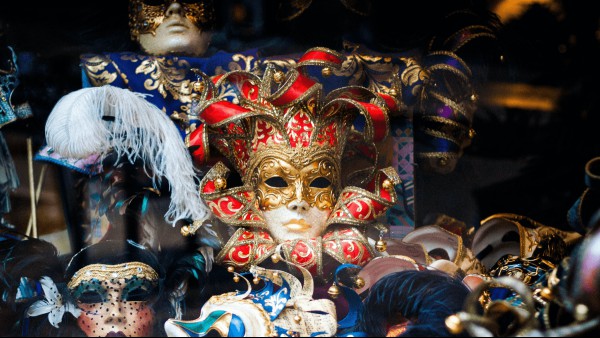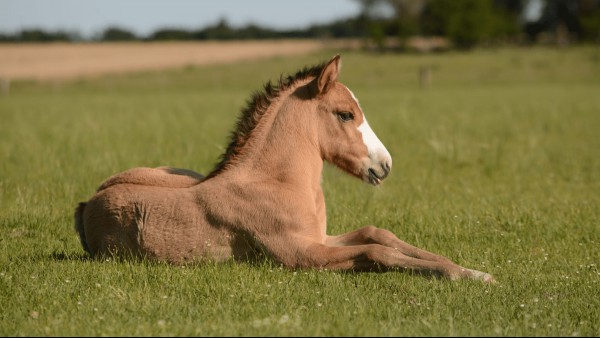The Carnival of Venice is an annual celebration in Italy — and one that’s world famous for its intricate Venetian masks. In the festival, these masks are part of elaborate costumes that evoke feelings of pomp, elegance and even a bit of magic. But did you know that Italian carnival masks are more than beautiful pieces of art?
Here, we’ll explore how each mask symbolizes a character from the Italian theater tradition of Commedia dell’Arte, and cover a bit of the history behind these classic tropes.

The Stories Behind Italian Carnival Masks
Pulcinella
City of origin: Naples
Pulcinella represents irony and insolence. He’s resourceful and always finds a way to outsmart people in power.
Colombina
City of origin: Venice
Colombina (“little dove” in Italian) is Arlecchino’s girlfriend and the archetype of the smart, sassy servant. She is very devoted to her lady Rosaura and often helps her with her love intrigues.
Arlecchino
City of origin: Bergamo
This astute and mischievous character was originally associated with demons. His name comes from the German Höllenkönig (King of Hell), which transformed first into Helleking and finally Harlequin. His costume is composed of differently colored patches and rags.
Pantalone
City of origin: Venice
Pantalone is a rich and greedy merchant. He wears red tights (calzamaglia in Italian), a black cape and a money purse full of golden coins. Tight trousers, called pantaloni after this character, were very popular among the Venetian working class in the 16th century, and are the source of the English word “pants.”
Dottor Balanzone
City of origin: Bologna
The doctor is a typical azzeccagarbugli (unscrupulous lawyer) who speaks a refined language full of Latin words. Balanzone comes from the word balanza (bilancia in Italian and “scale” in English), a symbol of justice.
Brighella
City of origin: Bergamo
Brighella is a shrewd and cunning character and the best friend of Arlecchino. He’s a skilled liar, perfectly represented by his name, which comes from briga (meaning “trouble,” or “dispute”).
Want to learn more about the history of Carnival? Read about Carnival celebrations around the globe.










Comments on " The Origins Of Italian Carnival Masks" :